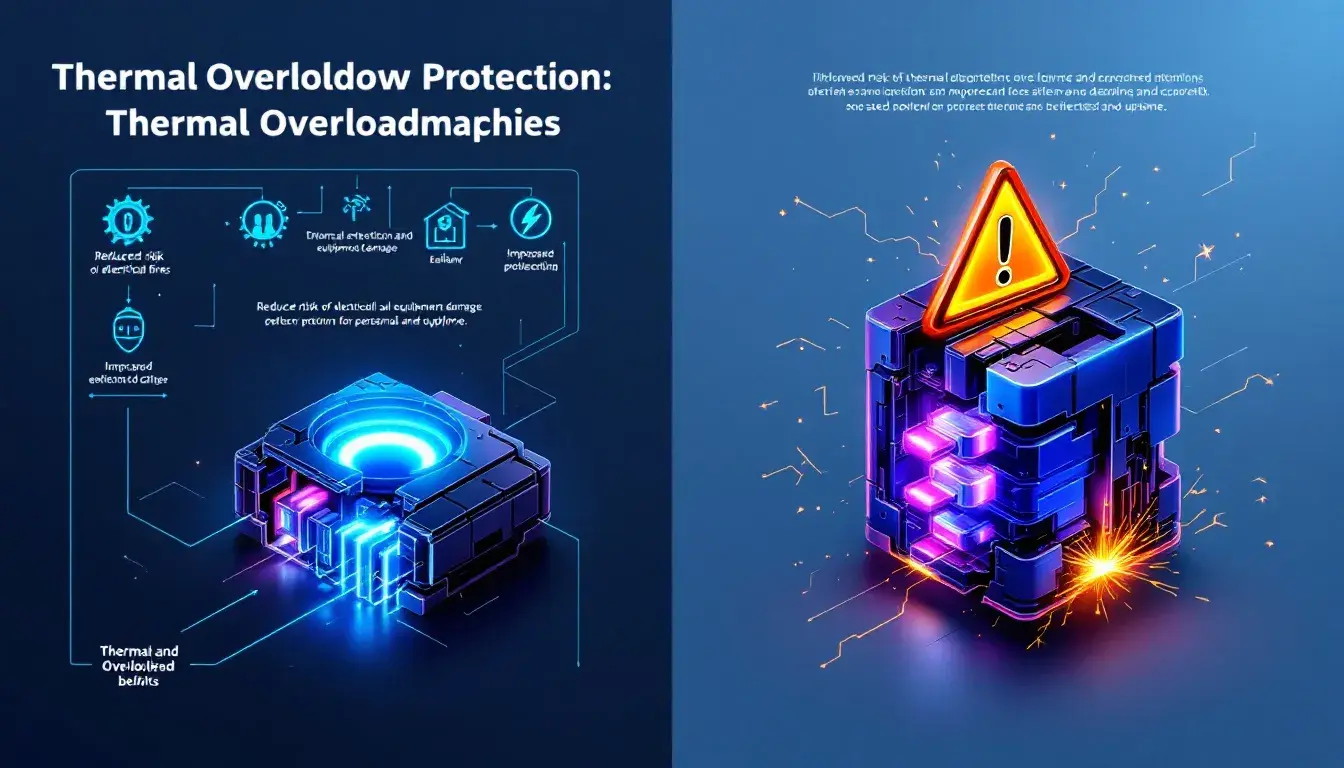Is RCCB Better Than MCB?
Table of Contents
ToggleMCB and RCCB are two common types of electrical circuit breakers. While MCBs protect against overcurrent, RCCBs work on residual current, which is a small change in the phase-neutral current balance.
Unlike MCBs, RCCBs are used in conjunction with other protective devices to protect against electric shock. Both types of circuit breakers protect against the same hazards, but RCCBs have a couple of key differences.
An MCB detects a fault on the load side of the circuit and trips the circuit. An RCCB, however, does not detect load-side faults. The two should be installed in series. However, an MCB should be connected before an RCCB to protect personal safety.
MCBs are the more common type. They protect against overloads three to four times greater than a typical load. They also offer protection against short circuits and over-current.
If you want to know whether an RCCB is better than MCB, continue reading this article.
Is RCCB Better Than MCB?
Basically, the two types of circuit breakers work the same way. An RCD works by disengaging a circuit if it detects a small faulty current, while an MCB protects against an overload. An RCD can also trip on a constant current flowing through the earth. However, it can’t protect you against Live-Neutral Shocks, overheating, or overload. RCCBs, or Residual Circuit Breakers, provide these features while still being more reliable.
While MCBs can protect you from short circuits, they’re not as effective against earth faults. They’re both designed to interrupt power to your house load when a fault occurs. But if you’re worried about electric shocks, you might want to consider getting an RCBO instead. It’s not as expensive as you might think and can be found in any major electrical store.
The main difference between an MCB and an RCCB is the rated frame current. Generally speaking, the MCB’s max current rating is around two Amps. This is the maximum current an MCB can withstand before going into a trip state. For example, an MCB with a 125-amp rating may not trip under a heavy fault.
If you’re wondering which circuit breaker is better, choose one that can protect your appliances and circuit during onload and offload. It can also be reset manually during surges. Regardless of choice, RCCBs offer greater protection and reduce the risk of electrocution. You’ll find RCCBs in many homes, including those that are residential.
The RCCB is an advanced type of circuit breaker. While MCBs have more protection against overcurrent, RCCBs provide a more comprehensive level of safety. A good RCCB can protect you from electrical shock and other types of electrical fires. The two devices are often installed together in a series. In some cases, the MCB is used in conjunction with an RCCB to provide greater protection.
Why is RCCB Better than MCB?
The primary difference between an MCB and an RCCB is the way they work to protect electrical appliances. An MCB stops an overload from damaging appliances, but it cannot stop the residual current. RCBOs protect against electric shocks. Using an RCCB is also a safer option than an MCB since they interrupt power to water heaters, electric car chargers, and other appliances.
An RCCB senses the difference in the residual current between a live and a neutral wire. It senses the difference and trips the circuit if there is an electrical hazard. These devices are a great option for home or business use. MCBs may not be as efficient as RCCBs, so it’s worth considering both types of the circuit breaker. A standard RCCB will protect against overloads but won’t protect against Live – Neutral Shocks.
MCBs are more common than RCCBs, as they can identify faults in both the load and power sides of the circuit. An MCB is more convenient to use, but an RCCB is far more efficient in protecting the house. Neither one is better than the other in every respect, but there are a few differences. MCBs are better for protecting home appliances from electrical hazards, while RCCBs are better at protecting the building.
Tel: +86-577-88671000
E-mail: ceo@tosun.com
Skype: tosunelectric
Wechat: +86-139 6881 9286
WhatsApp: +86-139 0587 7291
Address: Room No.1001 Wenzhou Fortune Center,Station Road, Wenzhou, China
REQUEST A QUOTE
WhatsApp us
 : +86-139 0587 7291
: +86-139 0587 7291 English
English Español
Español Русский
Русский Français
Français العربية
العربية Português do Brasil
Português do Brasil Українська
Українська Türkçe
Türkçe Polski
Polski Nederlands
Nederlands Italiano
Italiano Bahasa Indonesia
Bahasa Indonesia हिन्दी
हिन्दी اردو
اردو አማርኛ
አማርኛ Հայերեն
Հայերեն ไทย
ไทย Монгол
Монгол فارسی
فارسی Shqip
Shqip Ελληνικά
Ελληνικά


